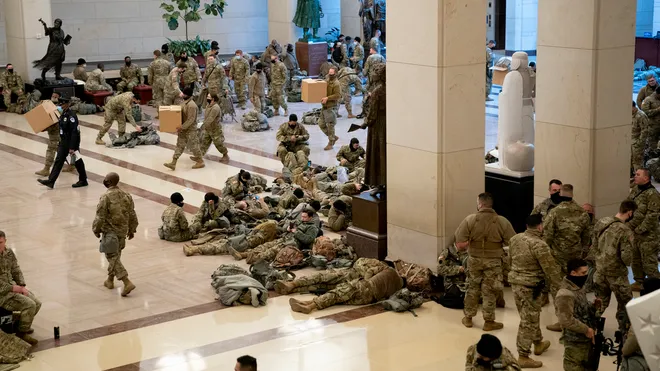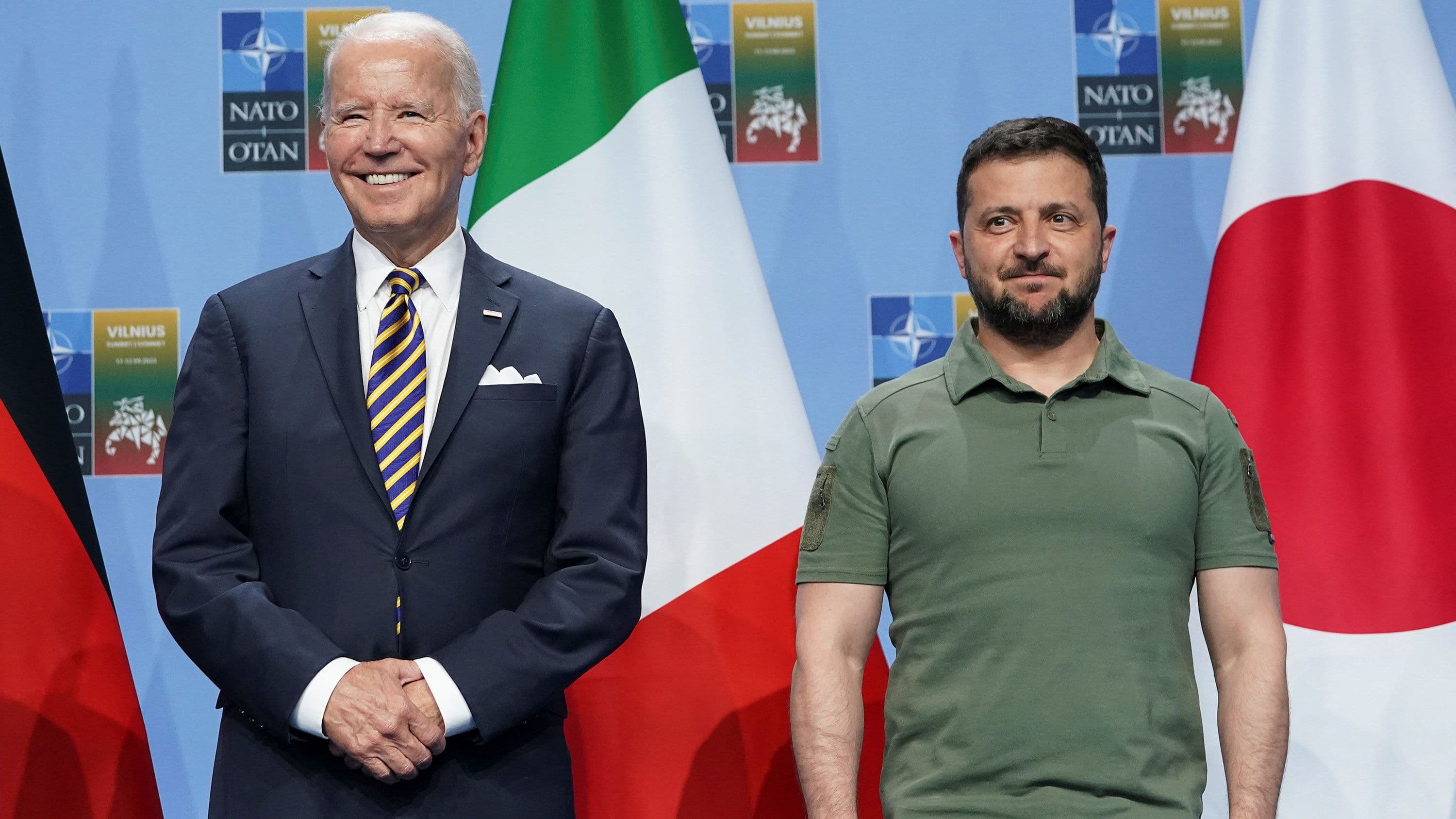Wealth Inequality Grows Amid Foreign Aid
The United States has pledged an unprecedented $2 billion in supplemental Foreign Military Financing (FMF) to the Indo-Pacific region, reinforcing the military capabilities of its allies. This staggering figure raises serious questions about the priorities of U.S. foreign policy, especially when juxtaposed against the stark reality of poverty and economic struggle faced by millions of Americans. According to the U.S. Mission to ASEAN, this financial commitment aims to enhance the capacity of partner nations to tackle external threats. However, the implications for domestic social justice cannot be ignored.
Military Spending vs. Social Programs
As the Biden administration continues to allocate vast resources to international military aid, communities across the United States are grappling with deteriorating infrastructure, inadequate healthcare, and a lack of access to quality education. This military spending comes at a time when reports indicate that nearly 40 million Americans live below the poverty line. The decision to funnel billions into foreign military assistance instead of domestic social programs reflects a troubling trend of prioritizing militarization over the fundamental needs of citizens. As reported by Congress.gov, U.S. foreign assistance is often justified as a means of promoting stability, yet the domestic consequences suggest a disconnect from the realities facing American families.

National Guard inside US Capitol amid Donald Trump ...
History of Prioritizing Allies Over Citizens
The historical foundations of American foreign policy reveal a pattern of prioritizing allies and strategic partnerships over the welfare of its own citizens. For decades, the U.S. has supported regimes and governments in exchange for geopolitical loyalty, often at the expense of grassroots movements for economic justice within its own borders. According to National Defense University Press, these alliances have been built on a foundation of economic and military dependence, which now translates into billions of dollars flowing away from communities in need.
The Consequences of Militarization
The allocation of substantial military funds raises critical ethical questions regarding the justification of such expenditures. Military solutions to geopolitical conflicts often overlook the root causes of instability, such as poverty, inequality, and lack of access to education. By investing heavily in military financing for allies, the U.S. is effectively sidelining essential social services that could uplift marginalized communities at home. As noted by Defense.gov, the emphasis on allies as key components of national defense underscores a commitment to foreign militarization that neglects domestic needs.

2023 Chiefs of Defense Conference Commences > U.S. I…
Workers Rights and Economic Justice Under Threat
While the U.S. government invests heavily in foreign military assistance, the rights of workers at home remain under constant threat. Economic policies favoring corporations often lead to stagnant wages and increased inequality. The decision to prioritize military financing over domestic investment exacerbates the plight of workers fighting for fair wages and safe working conditions. The lack of attention to workers" rights in the context of international military funding is a disturbing trend that highlights the need for a more equitable approach to economic policy. According to the U.S. Department of State, the mission of diplomacy should be to create a more prosperous world, yet the dissonance between foreign policy and domestic economic realities suggests a deviation from that mission.


![[Video] Heavy clashes and gunfire reported in Baghdad, Iraq](/_next/image?url=%2Fapi%2Fimage%2Fthumbnails%2Fthumbnail-1768342239932-848qsh-thumbnail.jpg&w=3840&q=75)




![[Video] Gunfire between Iraqi security forces and Sadr militias in Baghdad](/_next/image?url=%2Fapi%2Fimage%2Fthumbnails%2Fthumbnail-1768343508874-4redb-thumbnail.jpg&w=3840&q=75)
